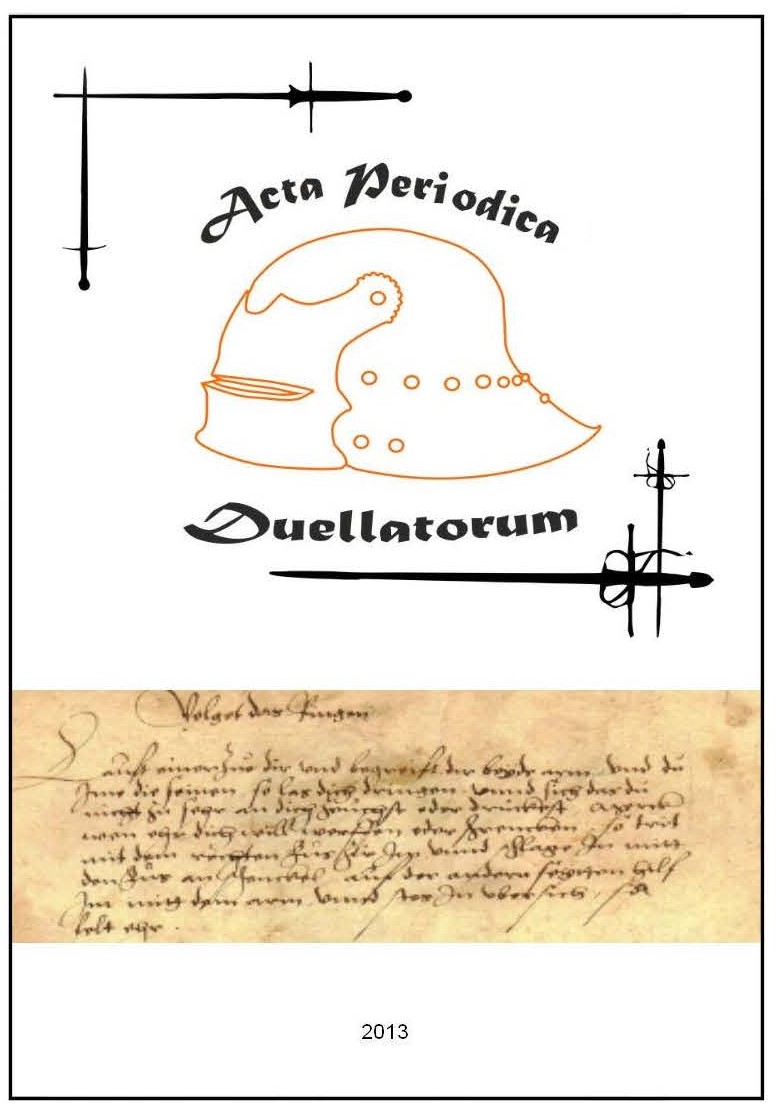Translation memory and computer assisted translation tool for medieval texts
DOI:
https://doi.org/10.36950/apd-2013-002Keywords:
natural language processing, translation memories, computer assisted translationAbstract
Translation memories (TMs), as part of Computer Assisted Translation (CAT) tools, support translators reusing portions of formerly translated text. Fencing books are good candidates for using TMs due to the high number of repeated terms. Medieval texts suffer a number of drawbacks that make hard even “simple” rewording to the modern version of the same language. The analyzed difficulties are: lack of systematic spelling, unusual word orders and typos in the original. A hypothesis is made and verified that even simple modernization increases legibility and it is feasible, also it is worthwhile to apply translation memories due to the numerous and even extremely long repeated terms. Therefore, methods and algorithms are presented 1. for automated transcription of medieval texts (when a limited training set is available), and 2. collection of repeated patterns. The efficiency of the algorithms is analyzed for recall and precision.Downloads
Download data is not yet available.
Downloads
Published
2015-10-29
Issue
Section
Articles
License
Copyright (c) 2015 Attila Törcsvári

This work is licensed under a Creative Commons Attribution-NonCommercial-NoDerivatives 4.0 International License.
How to Cite
Törcsvári, A. (2015). Translation memory and computer assisted translation tool for medieval texts. Acta Periodica Duellatorum, 1(1), 28–46. https://doi.org/10.36950/apd-2013-002



